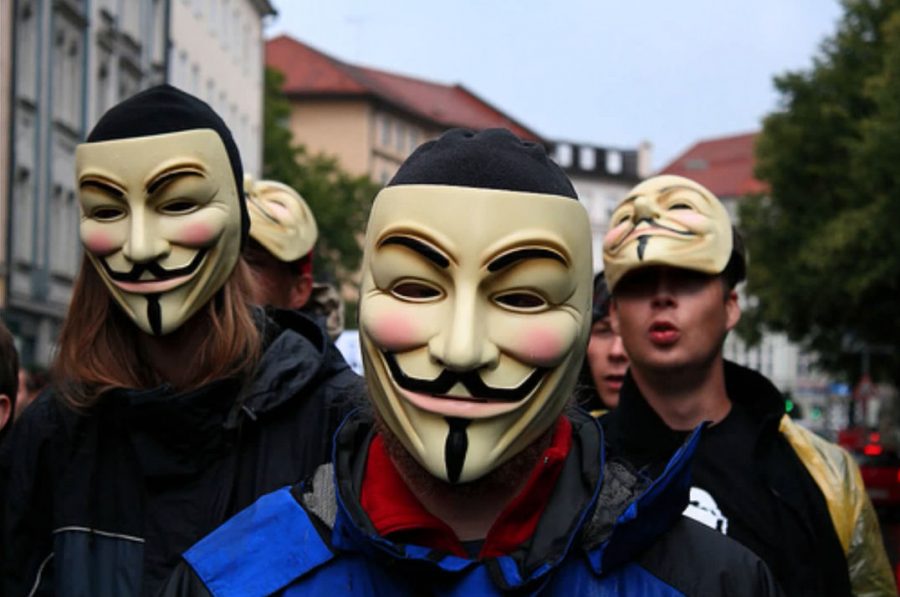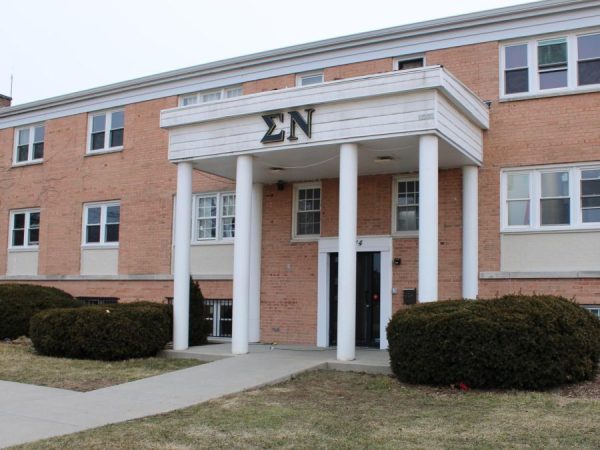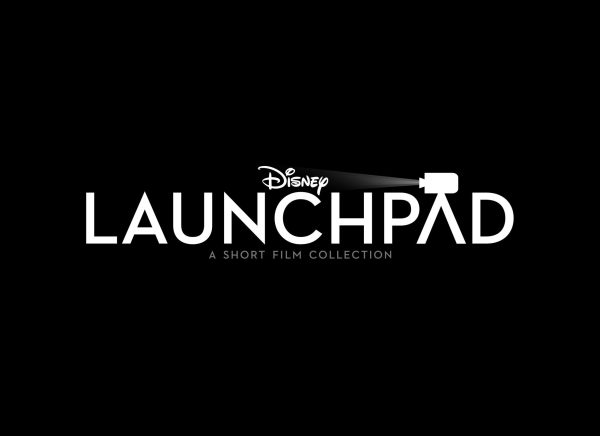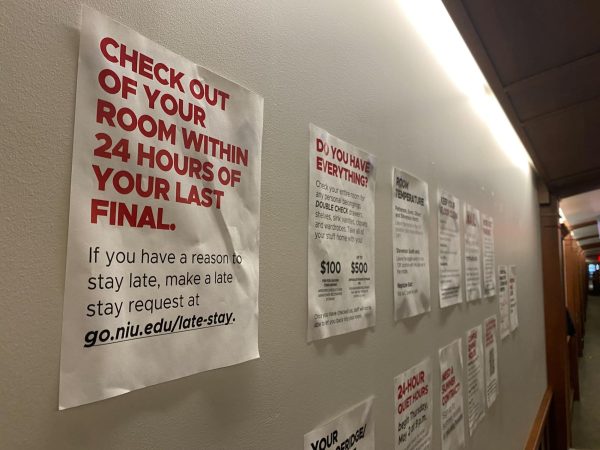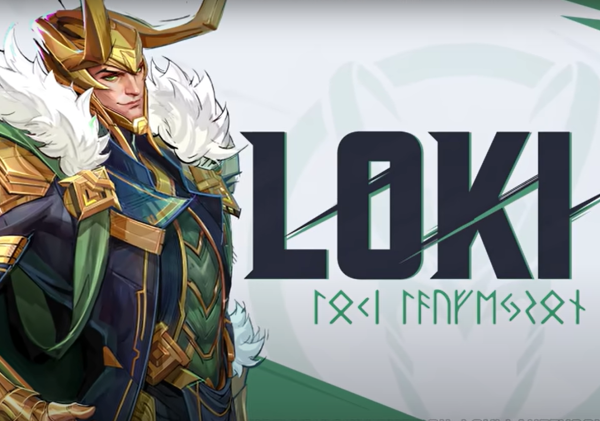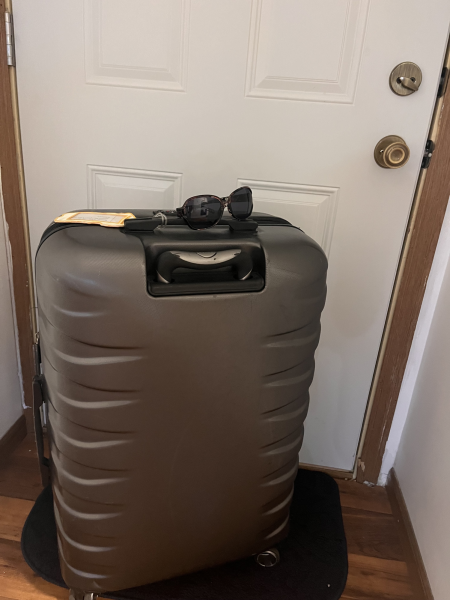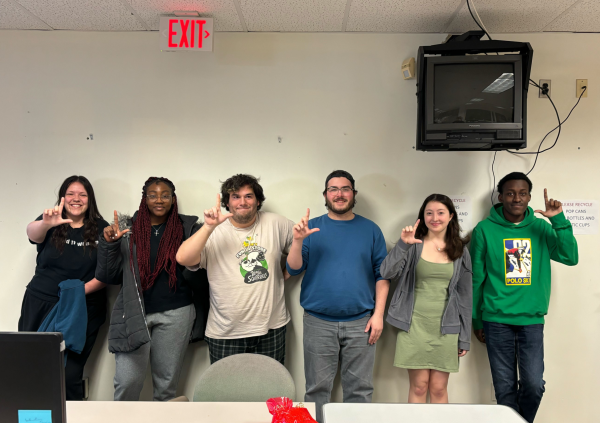Anonymous proves: Take hacks seriously
Members of hacker-activist group Anonymous are known for their Guy Fawkes masks, which they wear during protests and interviews. The group hacked into a Ku Klux Klan Twitter account Sunday as part Operation KKK, one of its elaborate social media statements.
November 19, 2014
Hacktivist group Anonymous reminded the Internet of its existence in one of its boldest hacking operations Nov. 16.
Anonymous is a group comprised of international hacker-activists who use their skills to make statements about civil rights and freedom.
The group, known for its headless man logo and members’ Guy Fawkes masks, is often associated with anonymous websites like WikiLeaks and 4chan, as these sites are also frequently at the root of political and social media scandals.
Here are some of the group’s most interesting hacks:
Operation KKK
The Ku Klux Klan allegedly began to make threats to use lethal force on Ferguson protestors. In defense of the protestors, members of Anonymous began releasing photos and personal information of unhooded Klan members as a part of the group’s operations “#OpKKK” and “#HoodsOff.”
On Nov. 16, Anonymous members seized what they believed to be the Klan’s official Twitter account and marked the account’s bio with, “Under anon control as of 16 NOV 2014 09:11:47. You should’ve expected us.”
Regardless of views on political or social events — or either groups, for that matter — the sequence of events that led up to the seizure of the @KuKluxKlanUSA account was amazing to watch. It was exciting and relieving to see Anonymous take action after several tweets from the Ku Klux Klan account explaining its members wouldn’t take Anonymous threats seriously.
Anonymous members proved through this gesture just how powerful social media can be, and they have since gotten the attention of media outlets all over the world.
Operation Payback/Avenge Assange
In 2010, WikiLeaks, a site where anonymous users post news leaks, and its editor in chief, Julian Assange, were under heavy scrutiny by the U.S. government, as members began to reveal secret government documents.
To avoid trouble, companies like PayPal, Visa and Mastercard began to cut ties with WikiLeaks, resulting in the loss and freezing of WikiLeaks donations. As a response to the companies ending their affiliation with the site, Anonymous members began to perform distributed denial of service attacks on the companies’ websites, causing the sites to crash.
Though I love a good payback story, this hack had me laughing a bit more nervously. But, as long as some 16-year-old hacker doesn’t mess with my flex dollars or Starbucks gift card, we’re A-OK.
Operation Darknet
Members of Anonymous used DDoS attacks in 2011 to take down websites and expose users who hosted child pornography online.
The group’s mission was to completely eliminate child pornography on the Internet and make any site that hosted it its target. Anonymous was able to reveal information about a number of these criminals and take down sites like Lolita City, one of the biggest “dark,” or hidden, child pornography sites on the Internet.
There’s no arguing against the motives of Anonymous on Operation Darknet. Though hacking is illegal, so is child pornography, and I can’t help but applaud members for wanting to eliminate it from the Internet. Operation Darknet showed Internet users hacking skills can be used for a good cause.



